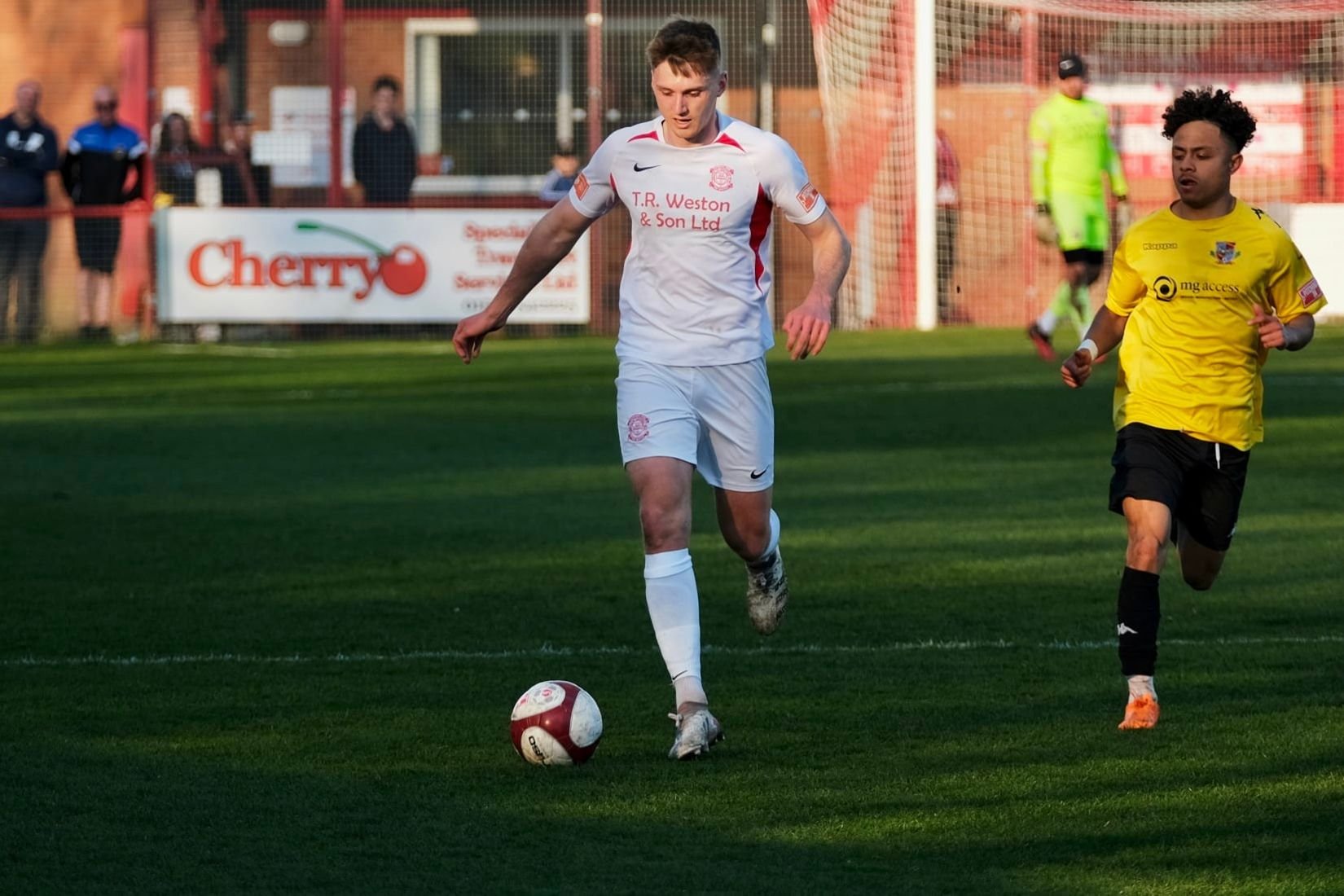The Business of Football
The Business of Football - By Tom Stansfield (Director at Lincoln United FC)
If, like me, you’re a football fan, you will probably be guilty at times of getting on the back of the manager and players when things aren’t going your way. We also see frustration pointed towards the owners and board of directors at football clubs.
In the Premier League, both Tottenham and Everton provide great examples of this. Tottenham Chairman Daniel Levy is a businessman first and a football fan second. It’s his job to run the football in a sustainable manner and to achieve key goals. This also means making decisions that don’t always make him popular with the fans and platforms like social media make it easy for the fans to show their frustration.
When it comes to Everton (yes, I’m a fan), it’s fair to say that we have had a disastrous season, which, last night saw us fight from 2-0 down to achieve a 3-2 win and secure our spot in the Premier League next season. Not great though when you consider we’ve had 4 managers since June last year. Worse still when you consider that we have had 3 wins and a draw from our first 4 games before it started to go downhill.
No matter what level the club plays at there is a common theme in football and that's the community surrounding the club.
Having recently joined the board at Lincoln United Football Club, I have been immersed in what goes into the running of a football club. Lincoln United are a non-league club and the board give their time freely for the benefit of the fans, the teams and the community.
My role, having joined, is to work with commercial partners and the board, and to build the profile of the club within the local business community. We, the board, are looking at what we can do to give back to those businesses who support the club and I’m pleased to say that there are some exciting plans afoot(ball).
When I first started the discussions with the club about how I might add support, I had a very limited awareness of the structure of the club and how it operated as a business. It might interest you to know that the club is actually made up of 32 teams including the mens and women’s senior teams as well as development teams, and juniors. There’s a lot of financial commitment to running a club and much of this comes from work done with commercial partners.
Over the coming weeks and months, we (as a club) are implementing a programme of events, and initiatives to give back to, and support the businesses who sponsor and partner with the club. Lots of this will be communicated through our official channels and newsletters.
When you think about ‘the business of football’, we often think about football transfers and about net spend but there’s a lot that goes on behind the scenes like contra-deals, partnership opportunities and club investment.
What isn’t always publicly available is information about the business being done on the inside and although, documentaries like that of Macclesfield FC are showing the hard work that goes on behind the scenes, I’m more than happy to share details about what that looks like moving forward.
Firstly, when a business sponsors a football club, they benefit from the audience of that club. Not just match-day footfall but social media audiences, video content, access to other club sponsors and networking opportunities and of course, the businesses get promoted by club officials who quickly become advocates for them.
At Lincoln United, we package opportunities to give maximum exposure to the firms who sponsor the club. There’s stand sponsorship, shirt sponsorship, stadium advertising opportunities and also digital packages. When a business sponsors a non-league club like Lincoln United, the income is vital to the continued success of the club which is always reinvested back into the infrastructure. Lincoln United is keen to promote and support the local community so we actively seek out local businesses who share the same community-based values. If you’re reading this and keen to get involved, I’d invite you to reach out.
The LUFC board have worked especially hard to build partnerships with organisations that will enable the club to give back to the local community and local business community. Partnerships with companies like Benefits Cloud (who create and provide offers for fans and businesses), Business Imp (to promote partners and business successes), Lincolnshire Marketing (to help partners achieve continued growth) and with the Great Annual Energy Savings to help businesses keep more money in their coffers.
There’s a lot that goes into running a business and a lot that is required to run a football club. If this article has peaked your interest and you’d like to find out more about how you can get involved or sponsor the club, email tom.stansfield@lincolnunitedfc.com










